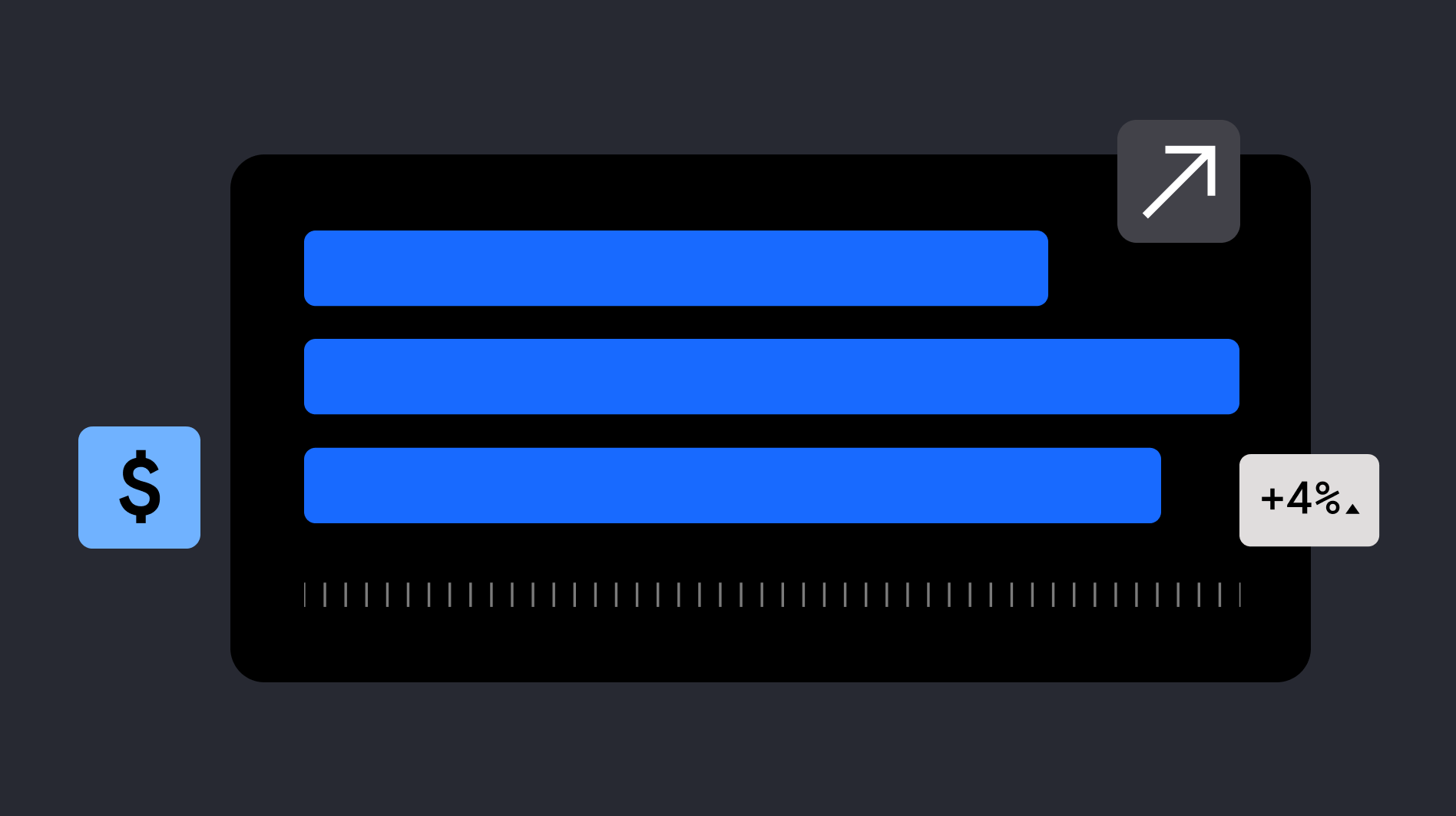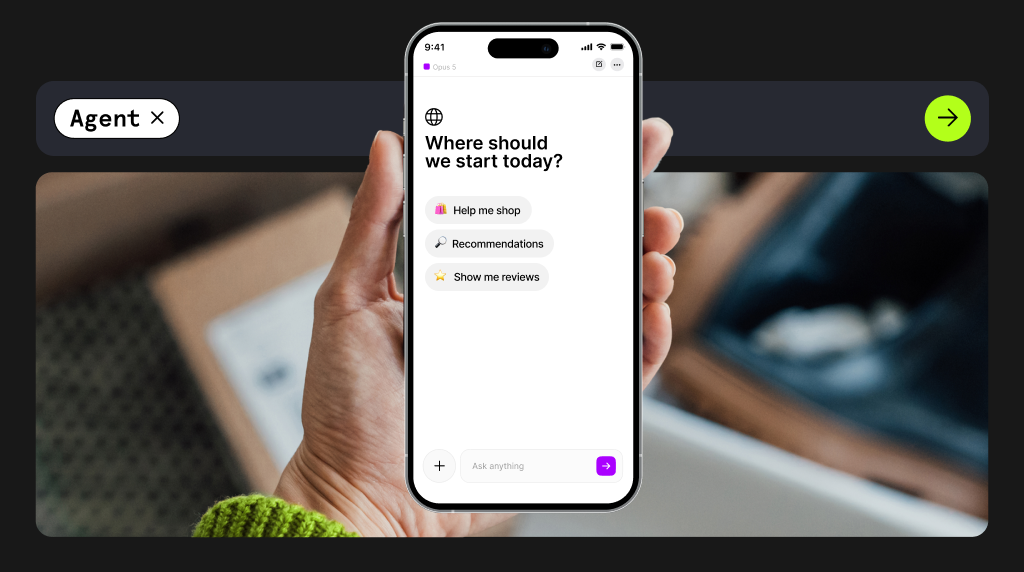KYC allows companies to serve the integrity of the financial system confidently and to comply with the legal and regulatory obligations posed on any financial institution. It's crucial to have tools that guarantee your potential customers are exactly who they say they are. But how does KYC checks work? What are businesses required to do to comply? And what are the risks of not doing so?
In this article, we’ll explain a bit about the KYC process regards to identity verification, including key components and why KYC is so important in this space.
What is KYC verification ?
KYC stands for Know Your Customer. It’s used to verify the identity of customers across a range of use cases like signing documents, completing hiring processes, setting up marketplace seller accounts or user gaming accounts, and applying for financial products and services. KYC prescribes the steps you need to verify your customer depending on the potential risk associated with providing services to or transacting with them to help fight fraud and prevent money laundering, terrorism funding, and illicit activity. KYC also helps maintain the integrity of global markets and institutions and enables businesses and consumers to engage in transactions safely and securely.
KYC is a subset of Anti-Money Laundering (AML) regulations and is a mandatory process for many businesses when onboarding new clients and on an ongoing basis.
If your business is required but fails to comply with KYC regulations, it could face very serious consequences, including heavy fines and criminal liability, among others.
Learn more: Customer onboarding checklist identity verification
How does KYC work for Identity Verification?
Several developments have made it easier than ever to conduct effective and compliant KYC identity verification. Using the customer’s smartphone camera, seamless and secure verification can be completed in less than 2 minutes and with minimal disruption to their user experience. The key steps in any KYC identity verification process are:
- Document authenticity - the customer uses their smartphone camera to record a copy of their original identity document. This could be a national ID card, passport, residence permit, or driving license
- Liveness detection - they then take a short video of the front of their face and their side profile
- Matching and verification- The identity verification system uses algorithms and facial mapping to determine whether the video of their face matches the image on the ID document. It also extracts data such as their name, nationality and birth date, and the expiration date of the document, and can detect security elements such as holograms. Using this information, the tool can spot advanced frauds like photocopied documents and fake live videos of the person’s face
- Result - you receive confirmation that the document is valid and that the individual's face is a match, or that the video and/or document show signs of being fake/counterfeit
Which businesses do need KYC?
Businesses that must follow KYC regulations include:
- Banks
- Credit unions
- Financial apps
- Private lenders
- Wealth management firms
- Broker-dealers
- Insurance companies
KYC requirements
The steps you need to take to fulfill KYC requirements vary by sector and by geography but have the same goal: to accurately verify and assess the risk level presented by an individual or business. Some examples are provided below:
Customer Identification Program (CIP)
A Customer Identification Program (CIP) is a United States requirement where financial institutions need to verify the identity of individuals wishing to conduct financial transactions with them and is a provision of the USA Patriot Act. Affected institutions need to verify the identity of anyone who conducts certain types of events with their business - this can range from (but isn’t limited to) applying for regulated products and services like a loan application to creating a certain kind of user account like becoming a marketplace seller.
To fulfill this requirement, the user must provide their name, date of birth, address, and identification number. You, as the business, can then compare this information against documentation or official records from public databases to verify that the details provided are genuine within a reasonable time.
Customer Due Diligence
Customer Due Diligence (CDD) is a term that is typically used to describe the assessments and steps that need to be performed on certain customers in the EEA and the UK based on AML legislation. Higher-risk customers can then be subjected to a greater level of scrutiny than those that pose a lower level of risk.
For example, if the customer presents an average level of risk, a business would need to conduct Standard Due Diligence before onboarding. This would mean verifying their identity using standard procedures and a reliable, independent source. If, on the other hand, a customer operates in a high-risk jurisdiction or business, for example, you would need to perform Enhanced Due Diligence. This means asking for additional identification, more detailed information about the source of their funds, the nature of their business relationships, and the reasons behind their transactions.
There are three levels of CDD:
- Simplified customer due diligence - the lowest level of CDD is simplified due diligence, which is used in scenarios where the services you’re providing, or the customer you’re providing them to, are unlikely to be involved in money laundering, terrorist financing or other illegal activity. In these cases, all you have to do is identify the customer - there’s no need to also verify their identity
- Standard Due Diligence - if the customer presents an average risk of being involved in suspicious activity, you need to verify their identity using standard procedures and a reliable, independent source.
- Enhanced Due Diligence - if you assess the customer to be at a high risk of being involved in criminal activity, you need to subject them to Enhanced Due Diligence. This means asking for additional identification, more detailed information about the source of their funds, the nature of their business relationships, and the reasons behind their transactions. These customers are likely to be politically-exposed persons (PEPs), on a government sanction or financial watchlist. You might also consider their location, occupation, the payment methods they use, as well as the type, value, and frequency of their transactions.
A good CDD program should:
- Gain a picture of the individual, their location, and their business activities
- Verify their information to an appropriate degree depending on their level of risk
- Classify their risk category and store their information in a digital format
- Maintain these records for an appropriate period of time
Learn more: KYC and AML compliance
Ongoing monitoring
KYC checks aren’t over as soon as your customer is onboarded. You need to monitor your customers on an ongoing basis by continuing to review their transactions and accounts for suspicious activity. Frequency and extension of ongoing monitoring depend on the customer risk rating.
As best practice, you should keep all records up to date, check whether the type of transactions and the amounts coming in align with the activities the account is used for and ensure the risk level and measures used are suitable for the customer.
KYC documents
KYC documents are formal documents that verify the name and address of a customer. Some customers may also be required to provide proof of income if applying for certain products or services. In general, a customer will need to provide separate proof of identity (POI) and proof of address (POA) documents.
Proof of identity documents could be a:
- Passport
- Driver's license
- Birth certificate
- State identity card
- Benefit book
- National identity card with a photograph
Proof of address documents could be a:
- Utility bill
- Local authority council tax bill
- UK driver's license
- Bank statement
- Mortgage statement
- Current tenancy agreement
- Tax demand letter
POA documents should state the customer's name and have been issued within three months.
Proof of income documents could be a:
- Bank statement
- Payslip
- Income tax return
Learn more: Synthetic identity fraud
Why KYC is important
KYC checks are essential as a way to make sure customers are who they say they are. They protect everyone involved in a business relationship by shielding them from financial crime, corruption, and the funding of terrorism. They also ensure your business meets AML requirements that help to fight fraud. KYC maintains the integrity of global markets and institutions and enables businesses and consumers to engage in transactions safely and securely.
Advantages of using digital solutions like KYC
Thanks to digital solutions, it’s never been easier for businesses to meet their Know Your Customer requirements, and there are some benefits:
Speed
Proper KYC processes enable speedy onboarding of new customers, which is excellent for building trust and for maintaining lasting business-client relationships. These processes can sometimes be conducted quickly through mobile devices, which optimizes the customer experience.
Trustworthy
Trustworthiness is vital to successful business relationships. By rooting out bad actors, KYC procedures help all parties conduct business with confidence and with an understanding that everyone involved is genuine. For example, Airbnb has recently introduced a requirement for all users to verify their identity, helping to build trust and improve the experience of using the site for all genuine hosts and guests.
Boost conversions
The identity verification tools used to comply with KYC checks are fast and accurate, ensuring you can quickly verify users and they can make a successful purchase. Fast, clear results ensure minimal disruption to the users journey, decreasing the chance of dropout and boosting conversions.
Fight fraud
Advanced ID verification tools intelligently fight both physical and digital fight forms of fraud and counterfeiting. This protects you and your customers from falling victim to fraudsters, keeping your sensitive data safe from being exploited. It can also reduce the overall cost of fraud fighting and constantly learns about the latest fraud trends to keep you one step ahead of cyber criminals.
Unlock global coverage
A comprehensive ID verification solution allows you to authenticate the identity of customers around the world thanks to its extensive library of government-issued IDs and documents. They are also available in multiple languages to make it easy for users to follow instructions wherever they’re located. This makes it easy to expand your global reach and scale in new markets
Comply with regulations
Choosing a verification solution that meets global recognised standards gives you the peace of mind that you’re complying with all necessary regulations. It also allows you to choose the right KYC procedures based on criteria like regional requirements and risk level, so you can select the level of security that is appropriate in each scenario.
Learn more: How to prevent identity theft with KYC
How long does KYC verification take?
Modern KYC solutions use a combination of video flows and an AI that guides that user through the journey, with verification able to be completed in a few simple steps. All-in-all, the whole process can take less than 2 minutes.
Is KYC verification safe?
KYC verification is an essential component of tackling money laundering, terrorist financing and financial crime, which can degrade trust in the financial and payments systems that are essential to the safe operation of the online economy. For the user, the process is quick and safe. Only necessary data is extracted from their documents at their consent, and is kept for 90 days in order to be compliant with GDPR.
How Checkout.com can improve your KYC experience
With Checkout.com’s identity verification service, your KYC experience isn’t just fast, accurate and secure, it can be the cornerstone of gaining the edge in a competitive online marketplace.
We leverage video flows to boost conversion by up to 30% in comparison to photo-based verification procedures. Our solution is fully compliant with regional regulations and is capable of authenticating more than 3,000 IDs and documents and counting across 195 countries.
Customized user journeys are available in 10 languages, with a simple 3 step process that can take less than 2 minutes and delivers results in 30 seconds. What’s more, our algorithms are able to spot even the most advanced physical and digital frauds and are trained on millions of verifications. This both improves accuracy and reduces the costs of identity verification by up to 50%.
Speak to one of our experts today to discover how you can optimize your KYC identity verification experience with Checkout.com, boosting your conversions, fighting fraud and extending your global reach.





.jpeg)


%20v1.jpg)


.png)

.png)


